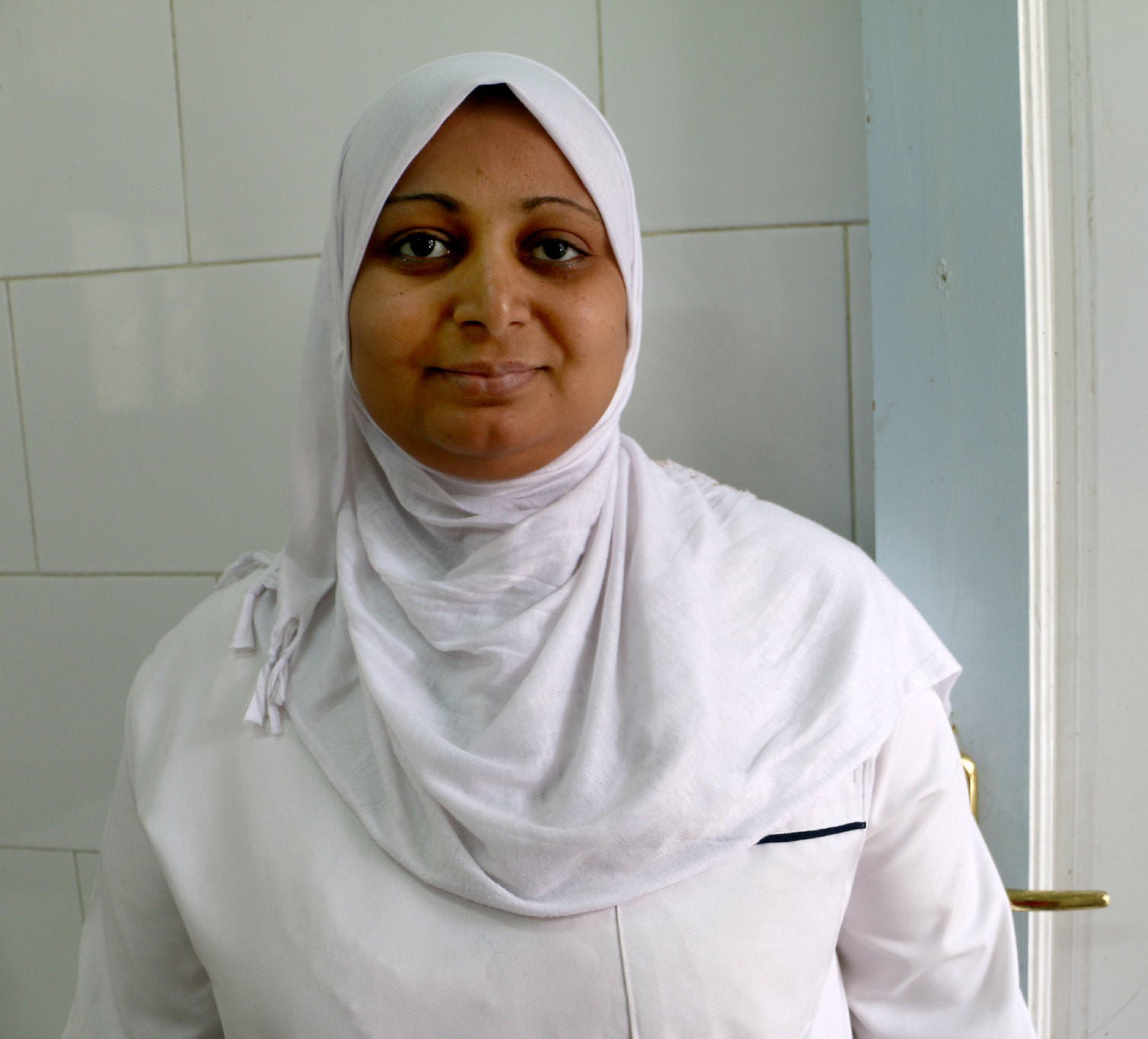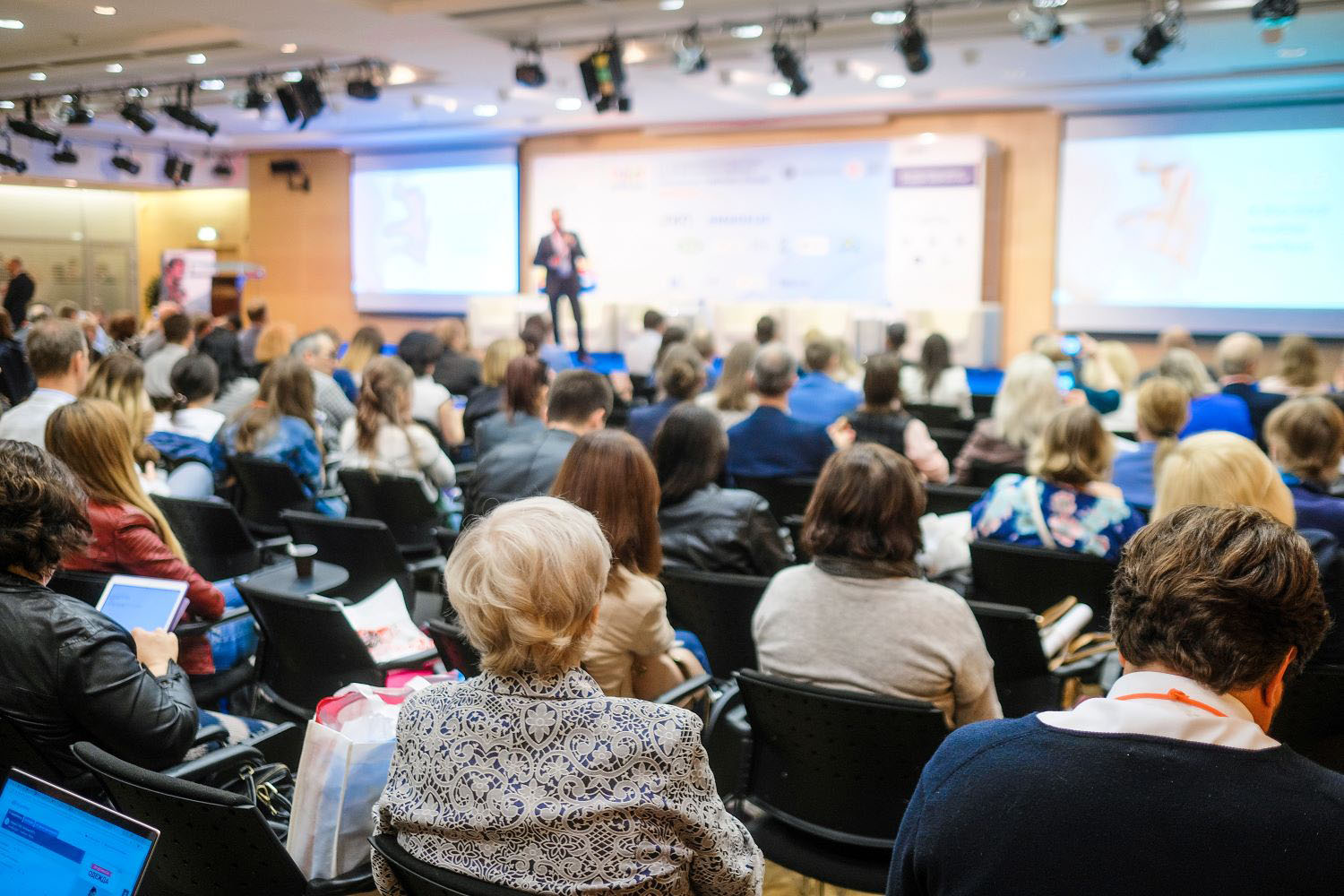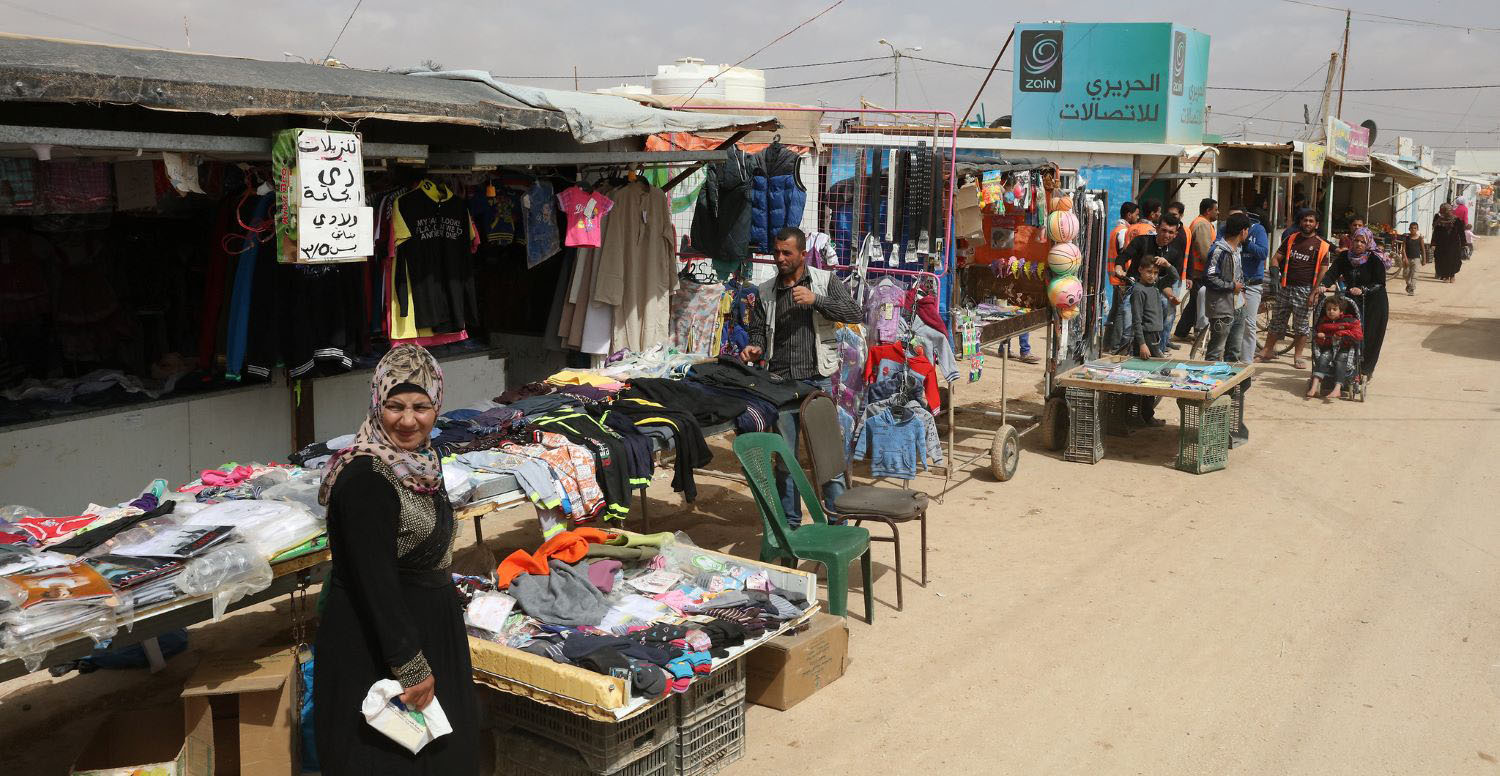More than 21 million people around the world are living as refugees. Three-quarters of those do not live in refugee camps, but in urban communities, profoundly altering the social fabric of cities in major host countries. Currently their survival depends on both regular outside assistance from humanitarian agencies and host country governments, and their own support structures such as social network ties. With the average duration of refugee status now more than ten years, this is often an unsustainable solution. Please join the Center for Global Development, in collaboration with the Urban Institute, as we explore how urban refugees can play a greater role in local economies, become more self-reliant and less dependent on outside assistance. What might help them integrate more with host communities? What is the role of social and economic networks?
More Reading





